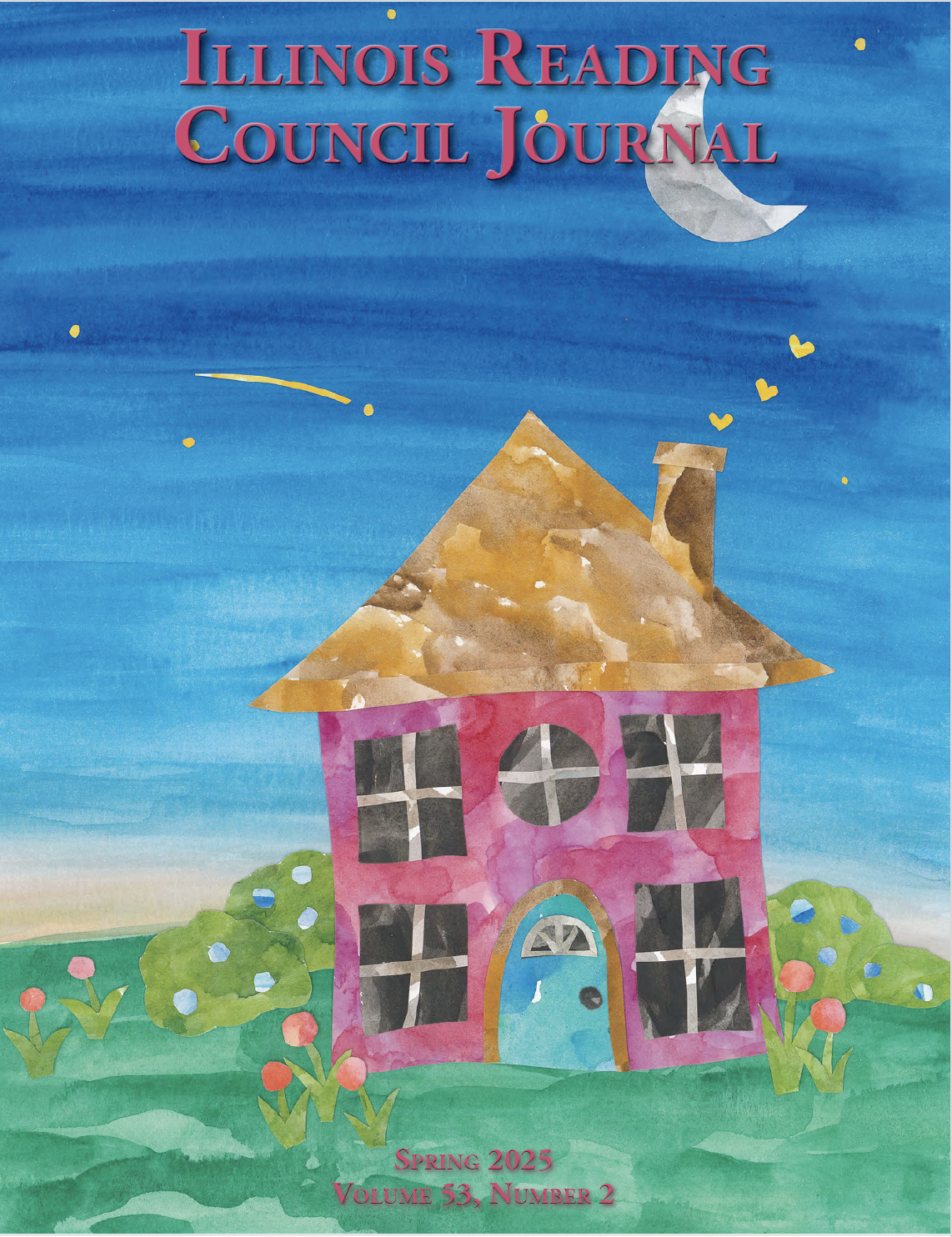Spring 2025 Volume 53, Number 2
 |
Professional Development: Revitalizing Literacy Instruction with Student Talk
By Sophie Degener, Adelfio Garcia, Dora M. Guzmán, and Ivy Sitkoski
Document: Column
Introductory Paragraph: As we work our way through the winter season, classrooms nationwide are immersed in established literacy routines and practices, diligently nurturing young readers and writers. While this time in the school year begins to highlight milestones in our readers’ development, it can also present challenges. As a former reading specialist, I recall the need for fresh inspiration and renewed energy to navigate the colder months. Routine instruction, coupled with the absence of sunlight, often required a spark to re-energize both myself and my students. A significant component of winter instruction involves maintaining student motivation and engagement while fostering their literacy growth. Incorporating innovative strategies can breathe new life into learning experiences. One way we can motivate our students is to invite more student talk and experiences in our literacy instruction. All three texts reviewed herein highlight the significance of student talk in promoting deeper understanding and critical thinking. We hope these reviews offer the necessary impetus to invigorate and invite your readers and writers during this pivotal time of the year. The first review is of Burkins and Sibberson’s In Community with Readers. It offers practical strategies to foster rich discussions and a sense of community during literacy instruction. The authors advocate for a balanced approach that includes both teacher-led mini-lessons and student-driven inquiry. Our second review is of Mackenzie and Scull’s Understanding and Supporting Young Writers. It delves into the developmental stages of writing and provides guidance on engaging young writers through drawing and independent writing. The book emphasizes the importance of creating a supportive writing environment, providing opportunities for authentic writing, and using a variety of assessment strategies. Our third review is of Coppola’s Literacy for All. It presents a framework for anti-oppressive literacy instruction that centers the voices and liberation of all readers and writers, regardless of age or background. Coppola emphasizes the importance of recognizing and valuing diverse literacy practices, using literacy as a tool for social justice, and creating a classroom community that is safe and welcoming for all learners.
DOI: https://doi.org/10.33600/IRCJ.53.2.2025.57
Page Numbers: 57-61
|
The Illinois Reading Council Journal is available for IRC Members. If you are a current member, please watch your mail and/or email for the current issue to arrive.
Not an IRC Member? A highlighted version showing the current issue's table of contents is available online for your viewing. You can become an IRC Member and order a current copy of the IRC Journal by calling the IRC office at (309) 454-1341 or join online today to receive future issues!
|


